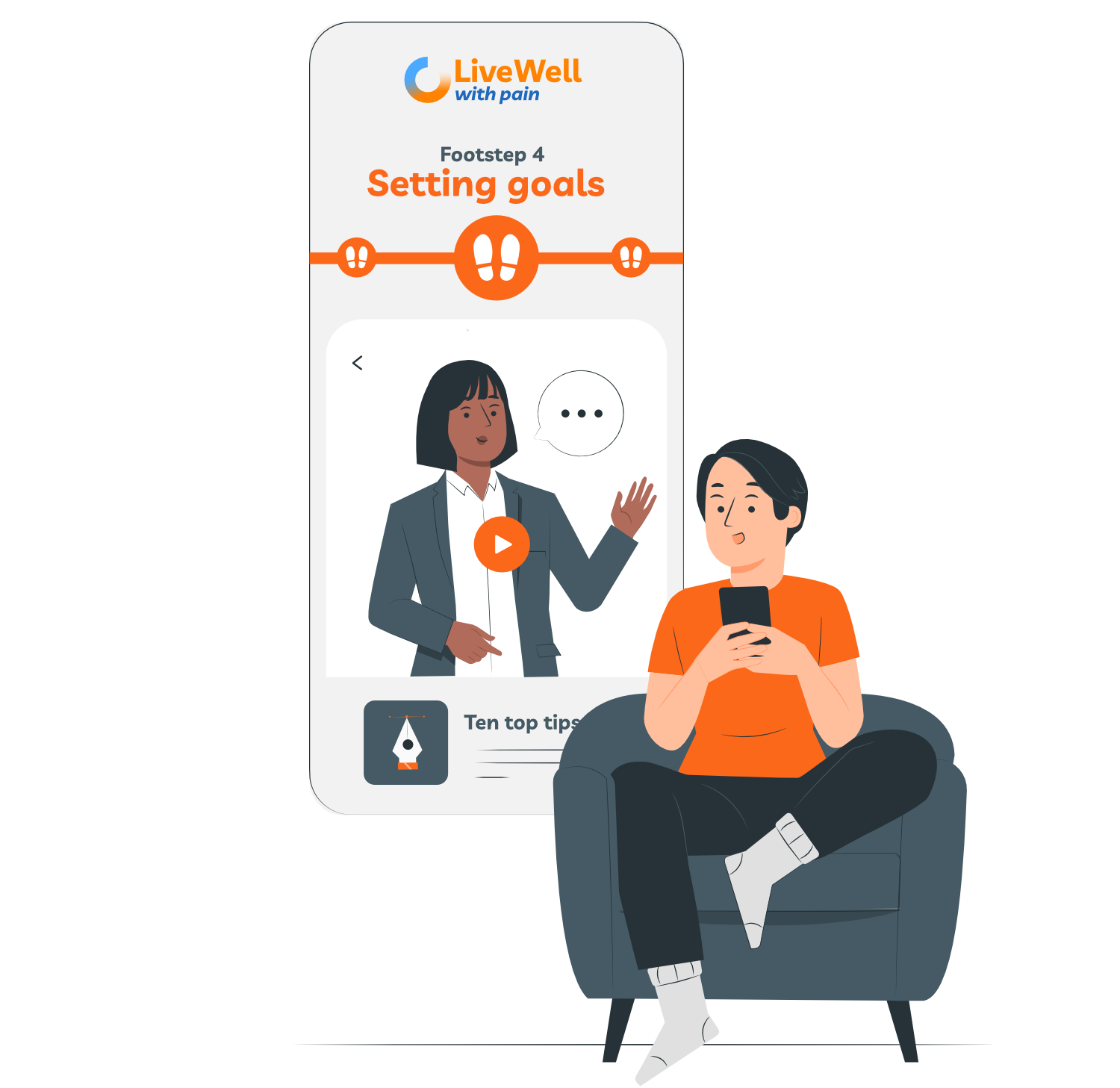Understanding and Managing Pain: A Deep Dive

Source: com.au
"Pain is a messenger." It's a universal experience, a signal that something isn't right. This article digs deep into the nature of pain, looking at different kinds, how to manage it, and what experts have to say.
What is Pain?
Different Types of Pain
- Acute pain: Sudden, sharp pain, often a warning sign (like a cut or burn) [Think of it as the body's SOS].
- Chronic pain: Lasts a long time, doesn't go away, often more than 3 months [Like a nagging problem that never leaves].
- Nerve pain: Tingling, burning, shooting pains [Seems like a deep upset in the nerves].
- Muscle pain: Aches, soreness [Your body is telling you it needs rest].
- Headache pain: A wide range of aches in the head [A pain many know, varies a lot].
Where Does Pain Come From?
- Injury: Cuts, bruises, falls [The body's way to tell you there is something wrong].
- Disease: Conditions like arthritis or cancer [Some ailments directly cause pain].
- Stress: Anxiety or emotional problems can cause tension and muscle pain [Worries can really impact your body].
Exploring Pain Mechanisms
Pain signals travel through the nervous system.
- Sensory receptors pick up harmful stimuli.
- Nerves relay signals to the brain.
- The brain interprets it as pain. [The process is quite complex].
Factors Influencing Pain Experience
Pain is a deeply personal thing, everyone experiences it differently:
- Emotions (Stress or fear make pain worse.)
- Past experiences (Prior pain experiences might heighten the feeling now.)
- Individual factors (Every person feels pain in a different way)
Common Pain Issues and Solutions

Source: spinemd.com
| Problem | Solutions | Notes |
|---|---|---|
| Headaches | Relaxation techniques, massage | Can lessen tension-related headaches. |
| Muscle pain | Rest and exercise, stretching | Prevents stiffening and pain increases. |
| Back pain | Physical therapy, proper posture, heat/ice | Gentle and consistent efforts help significantly |
| Arthritis pain | Pain relievers, exercise | Find balance with pain and the condition |
Pain Management Strategies
Lifestyle Changes:
- Exercise regularly [Keeps muscles strong and helps to keep weight down.]
- Eat a healthy diet [Keeps energy up]
- Maintain good posture [Protects your body from strains].
- Get enough sleep [Gives the body time to repair itself]
Medication:

Source: co.uk
- Over-the-counter painkillers: Ibuprofen, aspirin (always talk to a doctor about medication choices) [Sometimes are great for a quick solution].
- Prescription pain relievers: Often more potent, prescribed by doctors [Needed for severe and ongoing conditions].
- Important: Always follow doctor instructions or recommendations.
Other Ways to Manage Pain

Source: com.au
Talking to a Doctor:
- If the pain is ongoing, a physician's assessment is needed to rule out severe or unseen conditions, discuss all treatment options [Seeking expert opinion is extremely important!].
- Medical examination [A quick check can confirm you are not at risk for worse things]
- Getting proper treatment plan for the issue [Doctor would be able to explain and offer solution to the condition.]
Therapies:
- Physical therapy: Gentle exercises and stretches to alleviate pain. (e.g. helping to recover from accidents or illness.)
- Massage therapy: Can ease muscle tension [People often like the relief of stress and tensions from massage.]
- Acupuncture: Ancient treatment involving needles in specific points on the body [Some believe it's great in soothing pain from a range of causes.]
What to Expect from Different Methods
| Therapy | Expectations | Considerations |
|---|---|---|
| Medication | Quick or noticeable pain relief but sometimes side effects. | Always consult a professional for dose and precautions. |
| Therapy (physical) | Gradual improvement. Requires consistent practice. | Make a realistic and balanced goal in conjunction with your physician. |
Seeking Help:
Talking about your pain, fears and needs with people you trust is incredibly important.
- Talking with family and friends
- Joining a support group
Important Considerations:
- Pain is a complex thing. Each body is unique!
- Listen to your body, be aware and conscious, don't take anything for granted.
Questions for yourself
- Is the pain coming from an activity, stress or disease?
- Have I injured my body in a way?
- Have I discussed or shared it with professionals?
- Am I receiving all treatment solutions?
- How is the treatment affecting me? [If something feels weird or risky, definitely consider alternatives]
Final Thoughts:
Dealing with pain takes strength, understanding and sometimes expert help! Don't be afraid to seek out what feels right. Your journey to a better understanding of your pain is an important one. You got this! [Believe in yourself.]
